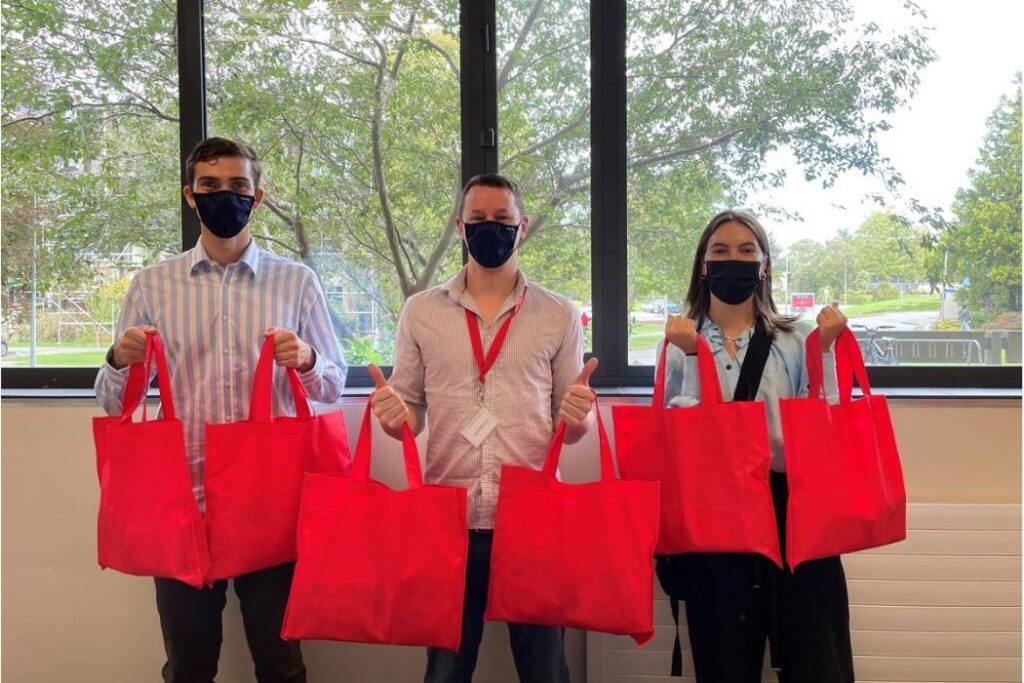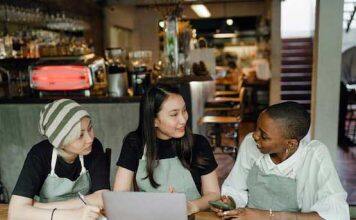University of Canterbury (UC) staff volunteers have been busy making welfare calls, distributing care packs and delivering groceries to students isolating with Covid-19.




Over the past few weeks, a team of volunteers made up of over 60 members of staff, has provided essential provisions and wellbeing support to students with Covid-19 to ensure they can rest, recover and get back into the swing of university life.
This support includes regular welfare phone calls to see how students are doing and check if they have everything they need for the next few days. It’s also an opportunity for the team to find out if any student needs medical attention.
The volunteers have also arranged urgent grocery deliveries to isolating students who are unable to go to the shops for supplies. Along with fresh, nutritional produce, the volunteers include sweet treats like biscuits and ice blocks. These care packages have been gratefully received by isolating students, with one saying they’d “never had so much fruit and veg in the house”.
As well as providing medicine and food, volunteers have also signposted students to academic support if they’re well enough to continue their study and help move people into temporary accommodation if they need somewhere else to isolate.
The Student Volunteer Army (SVA), co-ordinated by UC Wellbeing Coordinator Tim Rowe, has also been busy making some important deliveries. Over 3500 care packs, containing lozenges, antibacterial wipes and electrolytes, have been distributed to students in the city.
The UC staff volunteers has been led by Covid-19 Welfare Managers George Haswell and Katie Mills. They’ve been busy behind the scenes ensuring volunteers have the latest contact information for welfare calls, identifying those most in need and working closely with Accommodation Services to support students in residential halls. They also keep volunteers up to date with the latest government guidance on self-isolating and testing requirements.
The pair also joined in making welfare calls and in-person deliveries, including two surprise birthday cakes for students who were unable to celebrate with family and friends.
“I find the work really rewarding, I’m really happy to help out,” says George. “Each welfare call is different to the next. You can go from someone who’s feeling fine, to someone who’s quite poorly on the next one. It’s all about ensuring that person gets the right support they need at the time.”
Feedback from students has been overwhelmingly positive. “Sometimes they’re surprised the University is calling to see how they are,” says Katie. “While it’s not the start of the year many were expecting, they really appreciate all the help on offer. For many it’s their first time away from home, so it’s really important for the University to support these students and create a sense of belonging.”
While the team is responding to Omicron now, George and Katie are aware that flu season is just around the corner and students may need further support in the future.
“It’s a marathon rather than a sprint, and there are still many people we’ll need to help out over the next few weeks,” George says.
While the work continues, George and Katie know none of this would be possible without the help of volunteers. Staff from across all areas of the University – from libraries to finance – answered the call, and George says this shows just how invested staff are in students’ wellbeing. “Our volunteers have gone above and beyond to show manaakitanga to our student community. It really demonstrates everyone has a responsibility for pastoral care, and we can all contribute to wellbeing.”








































